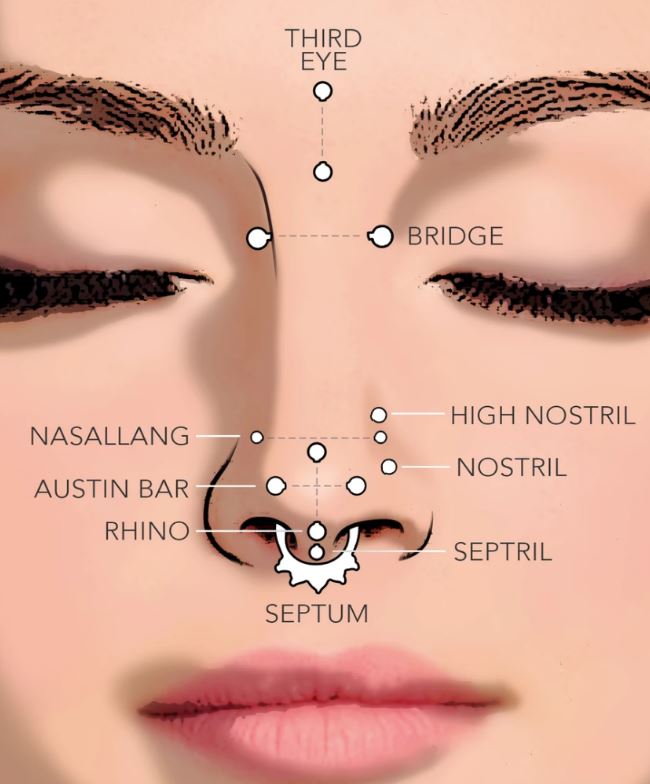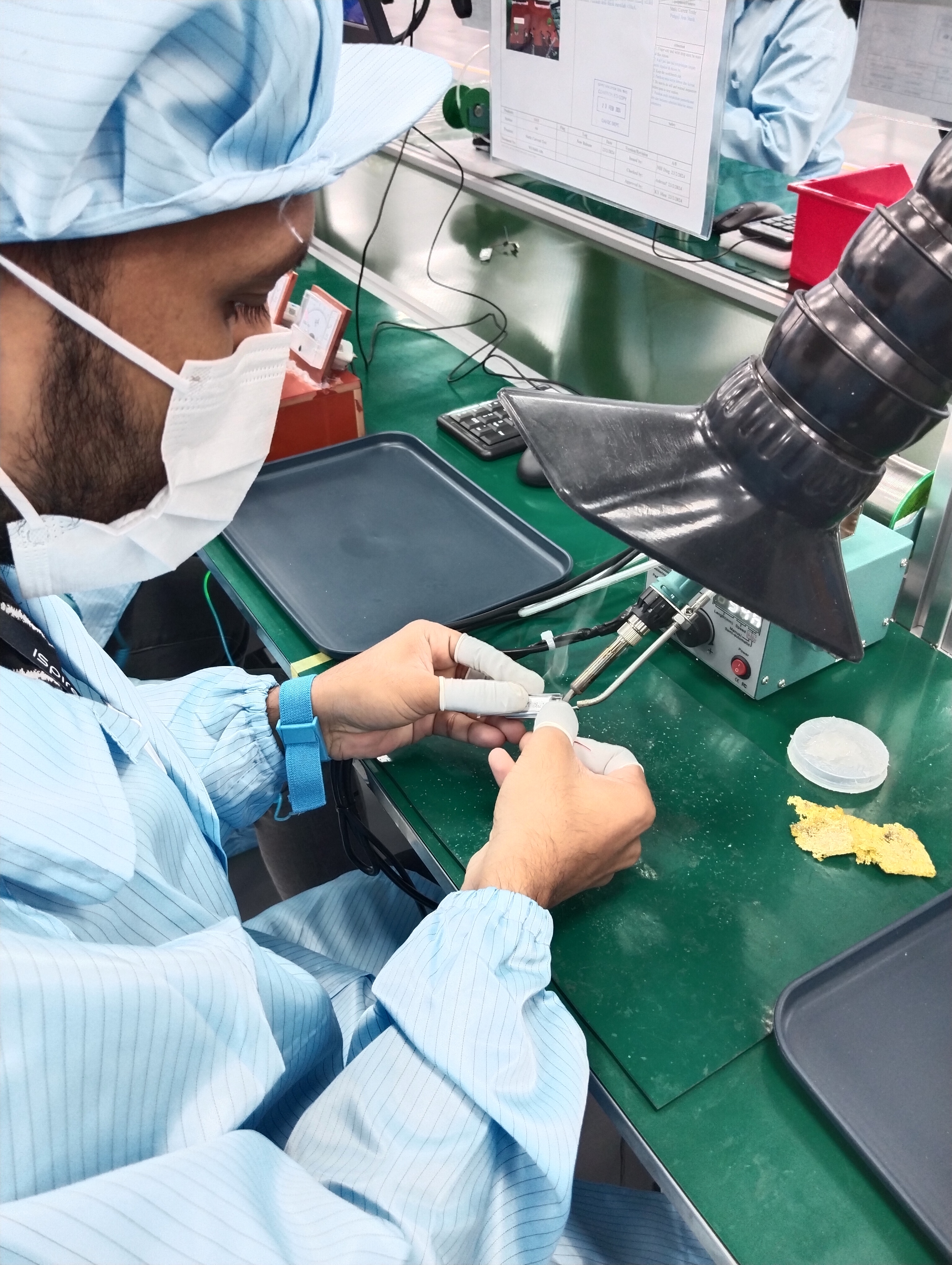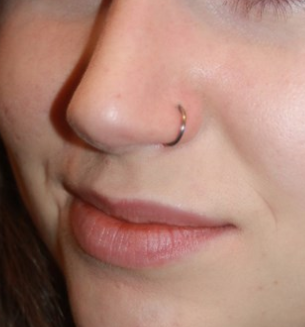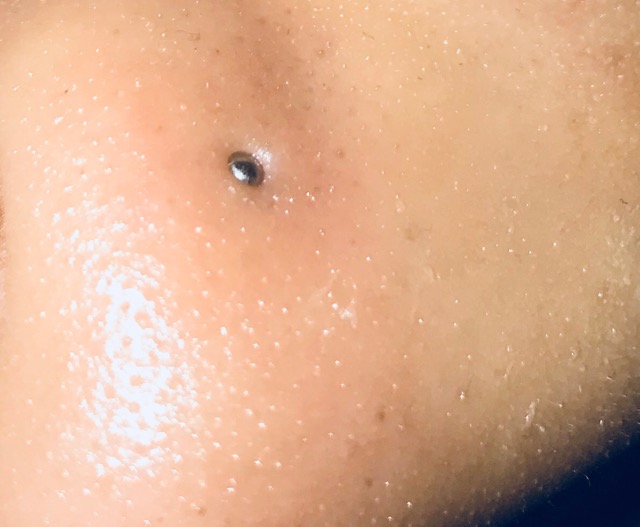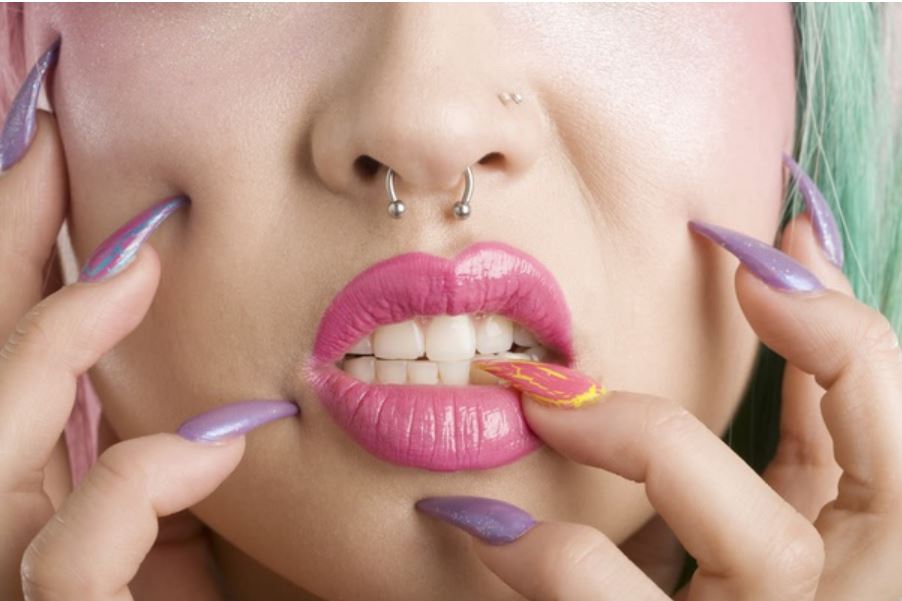Sponsor Ads
Non-China Vape, 510 Cartridges & Battery Device Maker
If you are going for a vape manufacturer out of China we are you best choice. We offer a alternative vape production location with a very competitive price. You can save money by buying directly from us the manufacturer, without any middlemen or extra fees. You can also enjoy discounts for bulk orders and special offers for long term & loyal customers.
We offer small trial orders where you can test the quality and performance of the products before placing a large order. Fast shipping and cheaper shipping cost from Malaysia and Singapore ports. You don't have to wait long to receive your products.
Contact Us!
Contribute for our website Maintenance! We want to keep it free for all visitors.
Trending Best Sellers
Reasons for Piercing: Cultural, Religious, and Other Factors
Trending Best Sellers

Piercing is a practice of creating holes in different parts of the body and inserting jewelry or other objects into them. Piercing can be done for various reasons, such as aesthetic, cultural, religious, or personal preferences. In this blog post, we will explore some of the common reasons why people choose to pierce their bodies and what they mean in different contexts.
Cultural Reasons for Piercing
Piercing has a long and rich history in many cultures around the world. Piercing can signify a person's identity, status, or affiliation with a certain group or community. For example:
- In some African tribes, scarification and piercings were used to signify a rite of passage or a person's rank within the tribe.
- In South Asian cultures, nose piercings are seen as an important cultural tradition and symbol of marriage and femininity. Some brides wear a nose ring that connects to their hair with a chain as a decorative accessory.
- In many indigenous cultures, body modifications were used as spiritual practices to connect with ancestors, gods, or spirits.
Piercing can also be a form of self-expression or rebellion against mainstream norms. For example:
- In the counterculture movements of the 1960s and 1970s, groups like the punk movement and the gay rights movement used piercings, tattoos, and other body modifications as a way to express their identities and challenge societal expectations.
- Today, piercing is more widely accepted and popular in many cultures. Many people choose to get piercings or tattoos as a way to commemorate important events or people in their lives, or to enhance their appearance or style.
Religious Reasons for Piercing
Piercing can also have religious or spiritual meanings for some people. Piercing can be seen as a way of honoring or worshiping a deity, or as a way of enhancing one's physical or mental health. For example:
- In the Hindu religion, ear piercing is known as a ritual called Karnavedha. This ritual is sacred in Hindu culture because many believe that having pierced ears allows for valuable spiritual connections.
- In some branches of Buddhism, piercing is seen as a way of renouncing worldly attachments and achieving enlightenment.
- In some forms of acupuncture, ear piercings are used to treat various ailments by stimulating certain points on the ear that correspond to different organs or systems in the body.
Other Reasons for Piercing
Apart from cultural or religious reasons, some people may choose to pierce their bodies for other personal or practical reasons. For example:
- Some people may pierce their bodies for aesthetic reasons, such as to enhance their beauty, attractiveness, or confidence.
- Some people may pierce their bodies for sexual reasons, such as to increase their pleasure, sensitivity, or arousal.
- Some people may pierce their bodies for medical reasons, such as to help with speech impediments or allergies.
Conclusion
Piercing is a diverse and complex practice that can have different meanings and purposes for different people. Piercing can reflect one's culture, religion, personality, or preferences. Piercing can also have positive or negative effects on one's health and well-being. Therefore, it is important to respect and understand the reasons behind one's decision to pierce their bodies, and to be aware of the risks and benefits involved.
Source: Reason for Piercing Wikipedia
Comments
What you think?
Recent Articles
-
Riche Niche: Health | Lifestyle | Fashion | Marketing | Technology
Mar 14, 25 09:18 AM
Our Riche Niche blog is the easiest way to stay up-to-date with the latest news, trends and articles published on this site. -
The Therapeutic Potential of Medical Cannabis Vaporization
Aug 05, 24 09:32 PM
The use of medical cannabis has been a subject of much debate and research over the years. With the growing acceptance of cannabis for medical purposes, various methods of administration have been exp… -
Amazon Spring Sale: A Season of Spectacular Savings
Mar 18, 24 08:38 AM
Amazon Spring Sale: A Season of Spectacular Savings -
Understanding Nose Piercing Types: A Guide for Teens
Mar 16, 24 09:19 AM
Explore the rising trend of nose piercings among teenagers, understanding the various types and their cultural implications for a stylish appeal. -
Infected Nose Piercing
Mar 16, 24 09:18 AM
You can expect symptoms of infected nose piercing to resemble any other kind of body piercing infection. -
EMS manufacturing services in Malaysia
Mar 09, 24 10:33 PM
Malaysia is one of the leading countries in Southeast Asia that offers EMS manufacturing services to both local and international clients. -
Laundry Business: The Need for Payment System Upgrades
Mar 08, 24 11:14 AM
Discover the benefits of upgrading your laundry business's payment system. Enhance efficiency, increase profits, and improve customer convenience. -
Nose Peircing Store
Feb 18, 24 02:38 AM
A collection of latest at our nose peircing store. -
How to Choose the Right Coffee Maker for Your Needs
Feb 18, 24 02:12 AM
We'll compare the pros and cons of four common types of coffee makers: drip, French press, espresso, and vacuum. We'll also give you some tips on how to choose the right one based on your preferences… -
Emulate Celebrities with Nose Piercings
Feb 06, 24 08:13 AM
Discover the celebrities with nose piercing and get inspired for your next piercing! From studs to septum rings, our list has it all. Read more! -
Types of Nose Rings
Feb 06, 24 08:11 AM
Types of Nose Rings -
Is my nose piercing ring is sinking in?
Feb 06, 24 08:10 AM
Is my nose piercing ring is sinking in? Or just swollen? -
Dry Herb Vape Pens-Discover the Advantages of Malaysian Made
Feb 04, 24 12:39 PM
Choose our non-China dry herb vape pen for its high production standards, strict quality control, and excellent craftsmanship. -
Trinity Nose Ring A Unique Fashion Statement
Feb 03, 24 08:36 PM
Explore the world of trinity nose rings, a unique piece of jewelry that adds elegance and style to your look. Understand the different types and choose the right one for you. -
Redefining Beauty: The Rise of Nose Piercing Trend in the USA
Feb 02, 24 08:34 AM
Explore the evolution of the nose piercing trend in the USA, from ancient tradition to modern expression of individuality.





